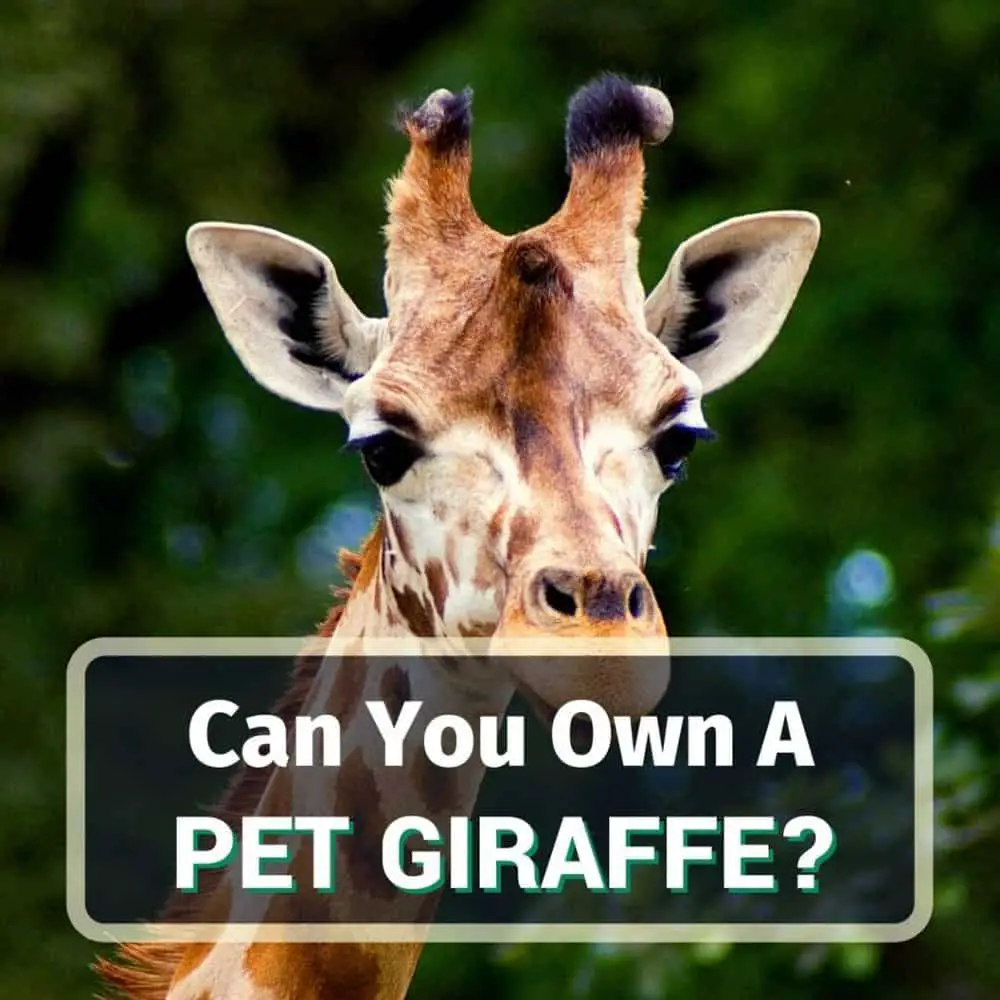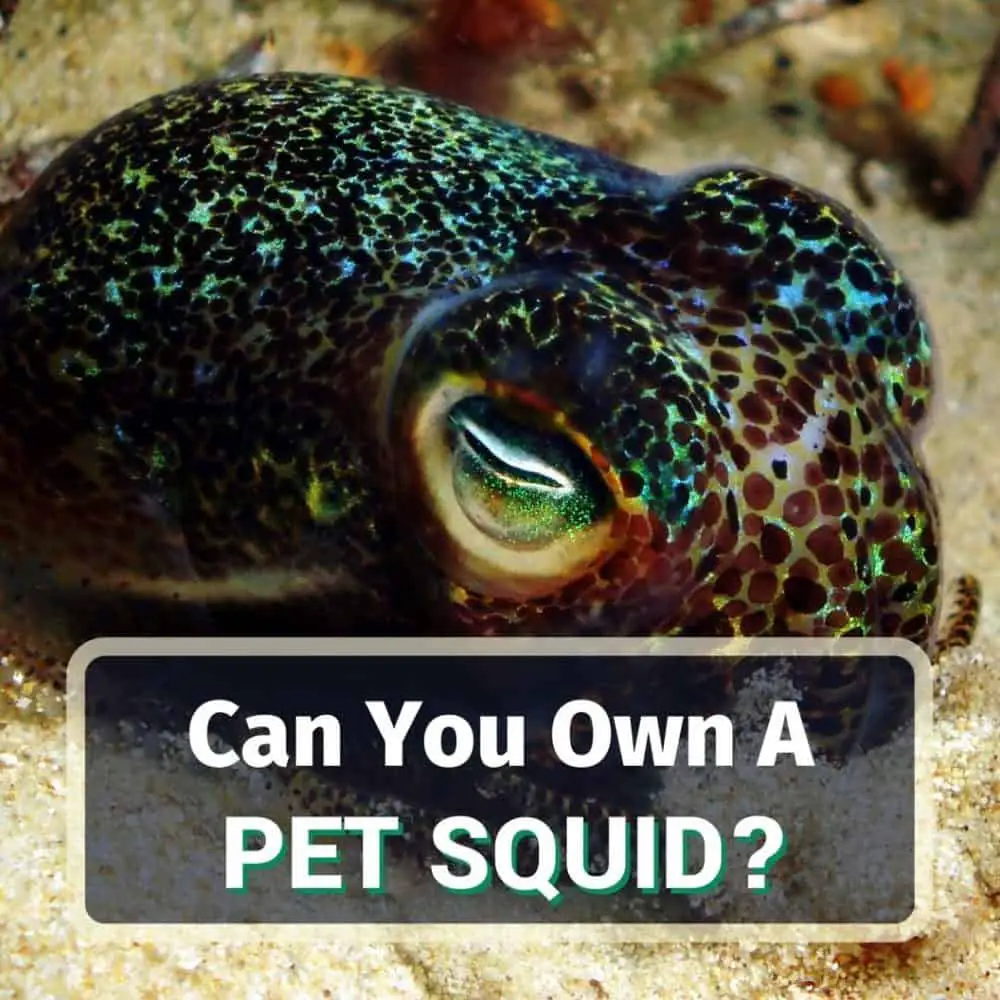Can you keep leopards as pets? No. Really, no one should even think about getting one of these gracious cats as a pet. Big cats are wild animals and it’s illegal to keep them as pets in most countries of the world. Additionally, it looks only cool to own one at the first glance. In reality, there are many disadvantages that come along with a pet leopard.
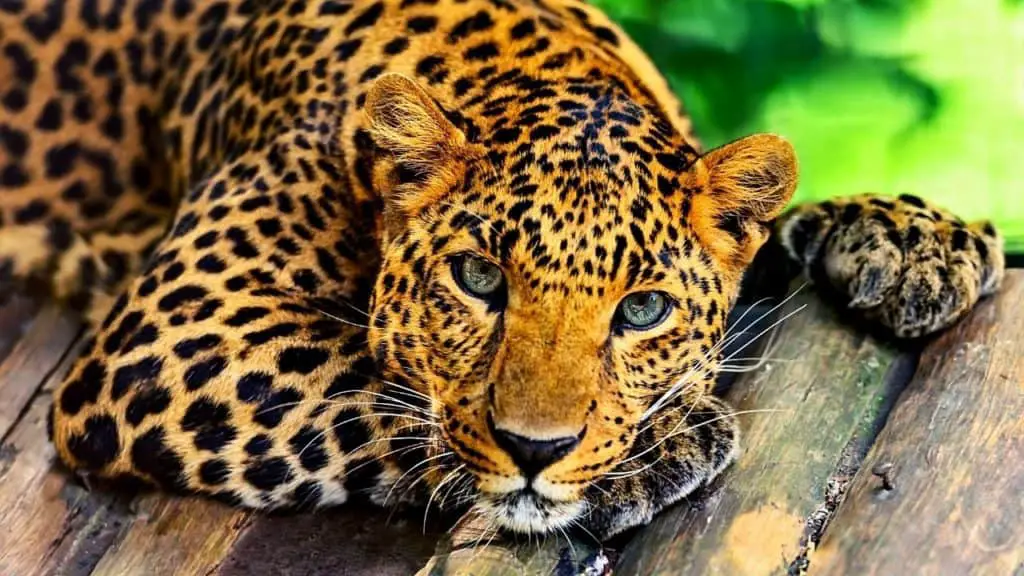
- Leopards Are Illegal
- Leopards Are Dangerous
- Leopards Demand Fresh Meat
- You Can't Keep One In Your House
- Leopards Need To See The Vet
- Leopards Are A Endangered Species
- There Are No Pet Leopards For Sale
- Are Clouded Leopards Any Different?
- And What About Leopard Cats?
- Alternative: Cat That Looks Like A Leopard
Leopards Are Illegal
Most countries in the world (including the United States and Canada) declared pet leopards as illegal. It also doesn’t matter about which subspecies we talk about. Snow leopards and Asian leopards are as prohibited as African leopards for example.
The reasons are simple and reach from safety aspects to the endangerment of the species. However, as always there are some exceptions. Zoos, animal parks and rescue shelters are all allowed to keep leopards in captivity.
For private persons, this is quite hopeless. Unless you are a millionaire and can afford the permit. But have in mind, that it would be very difficult. It would even come someone to your place to inspect if everything is safe, for you and for the pet.
Leopards Are Dangerous
In the case of leopards, we talk about wild animals that always will remain wild. No one domesticated these cats and probably no one ever will.
Of course, it’s possible to tame a leopard if you raise one from the age of a cub. But there is a big difference between domestication and taming. The natural instincts can still kick in, no matter how tame your feline friend is.
In their natural habitat, leopards are predators. They are on the top of the food chain and their life depends on successful hunting habits. For this, they are equipped with strong paws containing sharp claws. Their jaws can also be more than terrifying.
If the animal feels threatened, provocated or a situation triggers its instincts, no one is safe. It can even be, that your pet forgets who you are and starts an attack.
I bet, I don’t need to say, that leopards don’t like the companionship of other pets?
Leopards Demand Fresh Meat
Leopards are not only dangerous, but they will also demand fresh meat. And they eat a lot of it. When you own a pet leopard it would be your job to ensure there is enough of it at any time.
In captivity, about 3 pounds of meat are fed every day. However, in the wild, these cats eat up to three times that much due to higher energy demand.
If you think about it, it is not easy to store this much food. Most people would need a second freezer. Beyond that, there is the financial side of the topic.
You Can’t Keep One In Your House
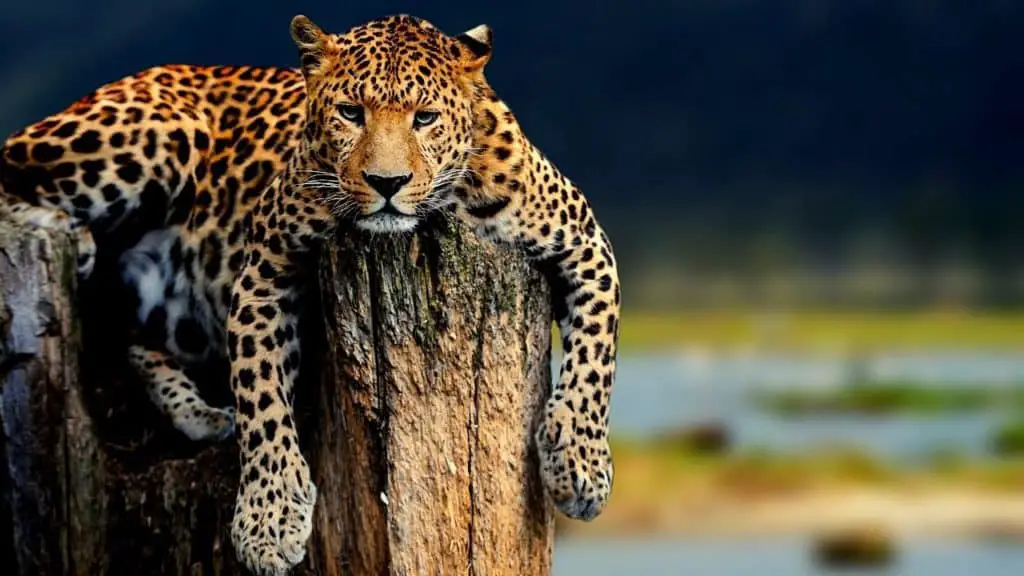
You can’t keep a pet leopard in your house. These cats need much space and a large outside run with trees, shelter, water and con-specifics.
The damage a cat of this size would do to your furnishing would be tremendous. And the run in your yard would have to come with sturdy, high fences that are escape-proof.
Leopards Need To See The Vet
Veterinary care is a problem, owners of exotic pets often face. No local vet would want to treat a pet leopard nor does one have the qualification.
Professionals that know the species well work full-time for institutions like animal parks and zoos.
The problem is that even if your pet stays healthy forever (what we all wish, but isn’t very likely) it needs to see a vet for regular checkups.
Leopards Are A Endangered Species
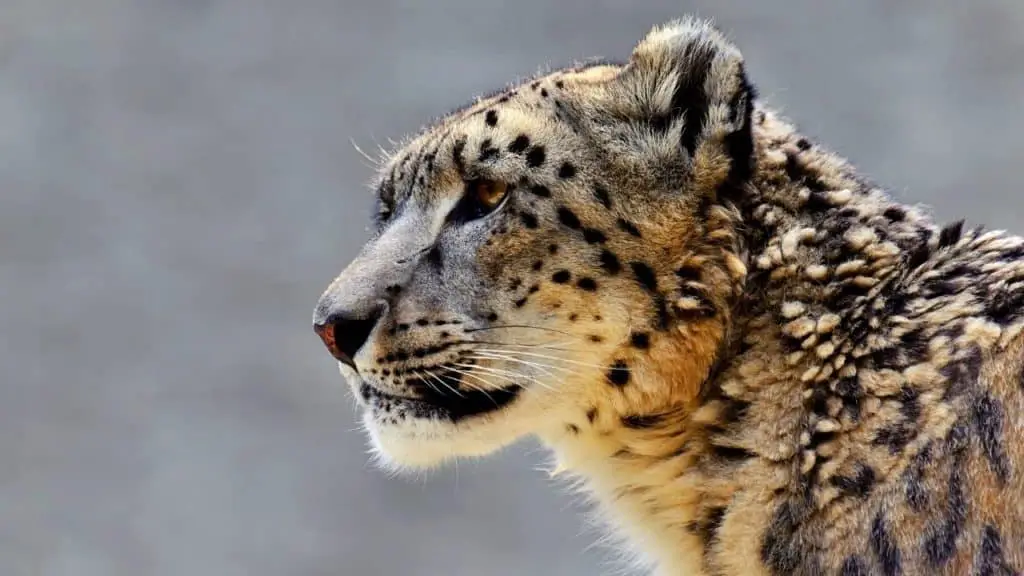
The beautiful creatures are hunted for their fur, some people just eat them and other old tribes still think parts of their body healing powers. As if that’s not enough in some regions people consider them a pest.
Poor farmers in the countryside see them as a threat to their livestock. Leopards that eat their poultry can be a real catastrophe for these humans.
Laws should protect jaguars of all subspecies and the extinction seems to be stopped. But the number of killed individuals for fur or as a trophy is still way too large.
Sometimes young cubs are taken from their mothers to raise them as pets. Another cruelty that is prohibited but some people do it nonetheless. Especially dark-colored individuals with melanism, which are also known as panthers, are threatened.
There Are No Pet Leopards For Sale
Right, no one would sell you a pet leopard. At least no serious pet shop or breeder. But there are always possibilities for people who have money and really want something.
On Thailand’s black markets young leopard cubs are regularly sold for prices about 5000 $. But it doesn’t stop with this little price tag. The new owner would have to manage transport and needs to build proper accommodation for the newly bought pet at home.
Are Clouded Leopards Any Different?
Clouded leopards are big cats that also live in southeast Asia. They are much smaller like original leopards. With a body length of under 3 feet and a weight of about 40 pounds, some people wouldn’t even consider them big.
However, they are as wild and dangerous as their bigger relatives. There is no way the species would make good pets and you better stay away. Additionally, they are endangered to and should be left in their natural habitat.
And What About Leopard Cats?
Asian leopard cats are even smaller than clouded leopards. But still, they are wild animals and listed as endangered. They make terrible pets and become aggressive when they grow older.
It would be very immoral to keep these beautiful cats as pets. They belong and should stay in the wild. Sadly more and more cats are taken to raise them as pets. Due to their small appearance, people think they would make good pets and look cool.
Alternative: Cat That Looks Like A Leopard
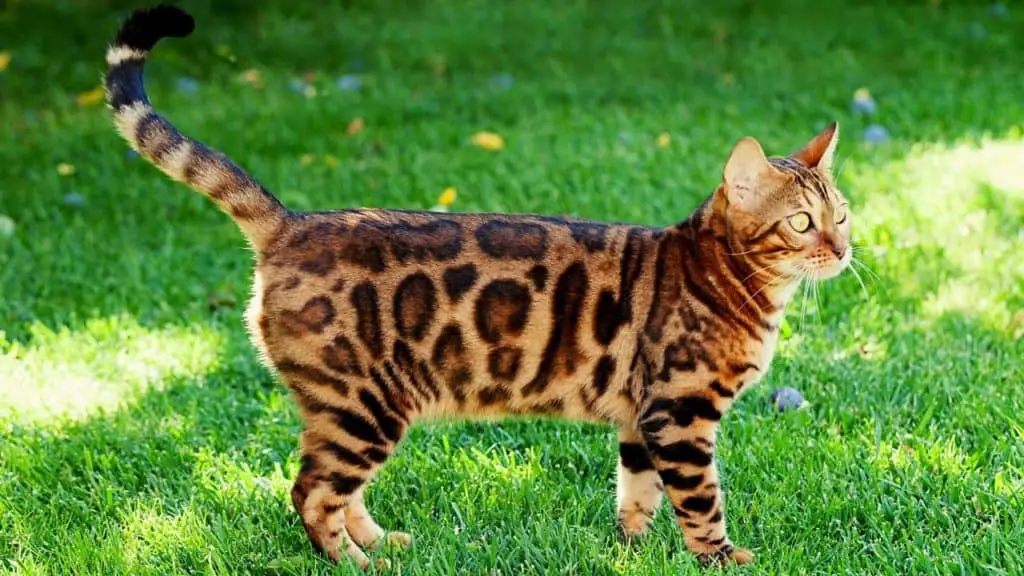
The Bengal cat looks like a real leopard and can make a great pet if you take responsibility in general. This breed is a hybrid and was created through crossbreeding Asian leopard cats with domesticated house cats.
While this sounds a bit cheesy, there is nothing wrong with buying a Bengal cat today. The breed itself is recognized by the FIFe and individuals are considered domesticated today. No wild leopard cats are used for breeding purposes. So you don’t need to have a guilty conscience for wanting one.
Learn more about Bengal cats in the video below!

